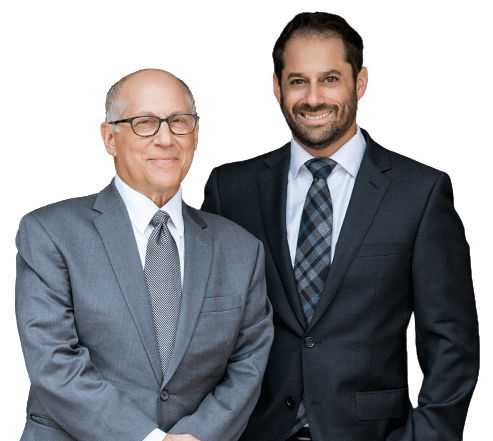
The sun is shining, the birds are chirping and the boats are out on the water! It’s officially summer and everyone is ready to have some fun in the sun. Until, the unthinkable happens. You’re out on the lake and you get into a boating accident.
There are two types of boating accidents, one only involving yourself, the boat and some stationary item that you ran into and the other involving your boat colliding with someone else’s boat. We are going to give you the steps to take if you are in either accident.
Your Boat vs. Stationary Object
If the boat is still afloat and you are aboard, then the first thing to do is to determine whether you or anyone else needs medical attention. If anyone fell overboard, you should assist them back on to the boat if possible.
If the boat is broken or taking on water, put on life vests and try to safely get off the boat onto any floating materials, if available, and signal for help.
Provided that everyone is still on the boat and it is not taking on water, the next steps are to collect the following pieces of information:
- Names, addresses and telephone numbers of the passengers aboard the boat at the time of the crash.
- Names and contact information of any eyewitnesses who may have seen the accident from shore or from other boats.
Once you do this and are safely on shore, you should contact your insurance company. Everyone on board should also follow up with a doctor to make sure everyone is okay. If your insurance has questions, refuses to pay for your claim or any issues arise with parties involved in the crash, you should contact a lawyer before signing any documentation or making any payments.
Your Boat vs. Someone Else’s Boat
If your boat and another collide while on the water, you should first follow the same rules as above: make sure everyone is safe, assess the damage to your boat and signal for help if needed.
Provided that everyone is still on the boats and they not taking on water, the next steps are to collect the following pieces of information:
- Names, addresses and telephone numbers of the boat operators involved in the accident.
- Names, addresses and telephone numbers of the passengers involved or aboard any of the vessels in the crash.
- Names and contact information of any eyewitnesses who may have seen the accident from shore or from other vessels.
- Registration or identification number of the other vessels involved in the accident.
- Insurance company names and the insurance policy numbers of those who were involved in the accident.
Reporting a boating accident to the U.S. Coast Guard is very important because an accident report from the Coast Guard may be used to help shed light on how an accident occurred. In many cases, reporting the accident is also required by federal law.
Under the federal law, a boating accident report must be filed if:
- Someone is killed.
- Someone is injured badly enough to need medical care beyond the most basic first aid.
- There is damage to the boats or to property that equals or exceeds $2,000.
- There is a complete loss of a boat or a boat is destroyed.
- Someone disappears from a boat under circumstances that indicate an injury or death has occurred.
Making insurance or injury claims
After a boating accident, it is also important to report it to your insurance carrier if you owned or operated one of the boats involved. You should notify your insurer, regardless of whether you or another boater was to blame, as you may need to turn to your insurer to make a claim for damages.
If the other boater was negligent, careless or broke the law in a way that led to the boating accident, you may be able to take legal action for compensation. This could provide you with payment of medical bills, as well as compensation for lost wages, pain and suffering, emotional distress and wrongful death.
Acquired an injury during the accident, but need more information? Check out these other blogs on personal injury:
To learn more about your rights after a boating accident or for help pursuing your damage claim, call Bentoff & Duber at 216-861-1234 or fill out our free online case evaluation form.
About the author: Brandon Duber, a Partner with Bentoff & Duber Co., LPA, is a lawyer with proven experience in the courtroom and expertise in the areas of workers’ compensation, criminal defense, personal injury and medical malpractice law. He received his B.A. from Skidmore College in Saratoga Springs, NY and his J.D. from The Case Western Reserve University School of Law in Cleveland, OH.

